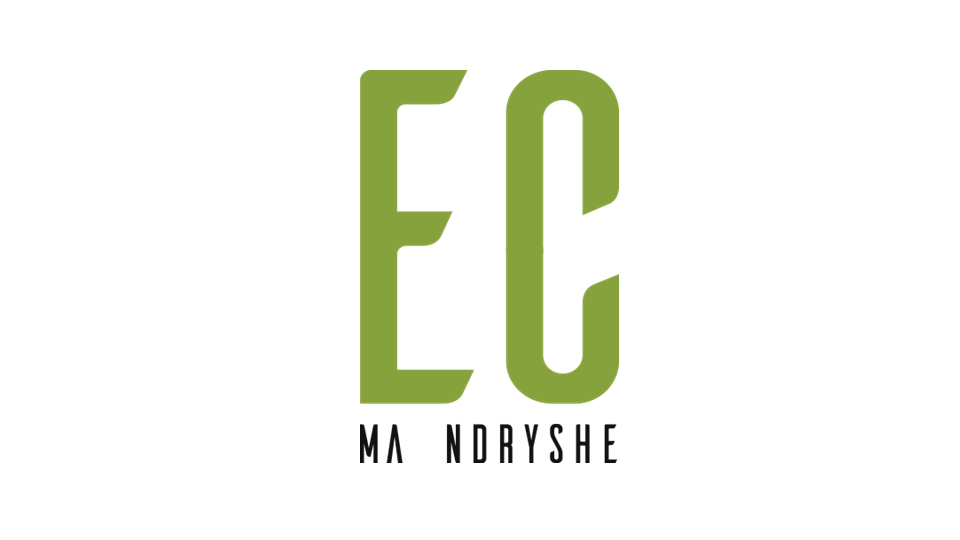Plastic products with payment for a sustainable environment

Plastic pollution has become one of the most pressing environmental issues, as it consists of major toxic pollutants and has the potential to cause significant damage to environmental habitats. Since 2023, Kosovo has planned to take concrete measures in this direction by charging for the use of plastic, in which case it is joining other countries in the world that have already been applying this practice of paying for plastic bags for years.
Regarding this issue, the European Union (EU) is addressing the products by promoting sustainable alternatives. EU rules on single-use plastic products are aimed at preventing and reducing the impact of plastic on the environment, as well as the transition to a circular economy. Therefore, the EU is focusing on limiting their use and reducing consumption through awareness measures about the damage caused to the environment by plastic. https://bit.ly/3UITiOk?fbclid=IwAR2Tb2cWhDjhn-_m334bTAM2110X16hZvIViQyrsWqx-caBrUhI8WieRHvc
Among the main priorities regarding waste management, in the Environmental Protection Strategy 2013-2022 is also the establishment of a tax on the use of plastic materials (eg bottles and bags). https://bit.ly/3VOKTdx?fbclid=IwAR2EYgIiNyLZUocoCFOaHQUB0r34V0IUkPbXFUS1C5-SwzFFHbaSjrlvenE
In a video story made by EC, the deputy minister of the Ministry of Environment, Spatial Planning and Infrastructure, Linda Çavdarbasha, announced that from January 2023, the reduction of plastic bags will begin, where it is foreseen that these bags will be paid for. "It is necessary to work more on the extended responsibility of producers, because if a producer produces a plastic bottle, he must be responsible for the plastic bottle he produces, because it is ultimately a waste which ends up in landfills and then pollutes the environment." she said.
In a research carried out by EC "How much plastic is used by the citizens of Prizren?", 90% of the citizens who were part of this research stated that they use plastic bags on a daily basis, and the main reason for using these bags is because they are provided free of charge by businesses.
During this research, citizens were also asked how they would act if plastic bags and bottles were offered only with payment in the future. 73% of them have stated that they will no longer use plastic at all and one of the most efficient ways to reduce plastic bags according to the surveyed citizens is conditional payment.https://bit.ly/3YimQFi?fbclid=IwAR0b_Z0TUa1LWNSKs28dNB-TGb6hbxC3bednecxHYXvpqte2KCxwVHWz_uU
Meanwhile, the same research was carried out in the city of Suhareka and the statistics are almost the same as in Prizren. https://bit.ly/3iWTBYs?fbclid=IwAR15dKCmFuKHehECh8i_d2CPbvipRszbIqFSxX1aV0wOgTKj77ZF7ljKREE
The imposition of a tax/fee in many countries around the world has resulted in a solution to reducing the use of plastic bags. The European Union has established the "plastic tax", which is a separate resource for the EU budget 2021-2027. Initial estimates indicate that this contribution could provide the EU with 6 to 8 billion euros of additional revenue each year. https://bit.ly/3HAvMjr?fbclid=IwAR1nokTRr3XSMRLzxfKB2nctw20cFF9OGvw6krTWfNq32eHulcH0XzkOsaI
In 2002, the Republic of Ireland became the first country to impose a tax on plastic bags. The purpose of the tax was to encourage shoppers to reduce the number of bags they use. This resulted in an immediate drop in the use of plastic bags from about 328 to 21 bags per year per individual.
Also, from January 1, 2020, single-use plastic products are banned in the city of Geneva. Violators of this law will be fined at least 100 CHF.
https://bit.ly/3uNFbwu?fbclid=IwAR2dm2H_wbYa3J0JbPSppgQ_AJ6KrpKXy3nvpqZnsAKbDUkfBbphX7kUOU0
On the other hand, in some places in Italy, such as on the island of Capri, tourists are fined up to 500 Euro in cases of using any type of non-biodegradable plastic bag. https://bit.ly/3YiBDQm?fbclid=IwAR1nokTRr3XSMRLzxfKB2nctw20cFF9OGvw6krTWfNq32eHulcH0XzkOsaI
And Kenya is known as the country that brings the harshest penalties in the world for plastic bag users: four years in prison or a $40,000 fine. Kenyans who make, sell or even use plastic bags face up to four years in prison or a fine of $40,000 (£31,000), after the world's toughest law aimed at reducing plastic pollution came into effect. https://bit.ly/3FsHoTf?fbclid=IwAR0PcZt-9eOnCqsXt4uzRxvK9ezb6sANz2kLCct3dKn41bcI-AgVHxsy8QM
According to the Administrative Instruction for packaging and packaging waste, placed on the market of the Republic of Kosovo, the packer and the manufacturer are obliged to use the best available techniques for the production of packaging which is possible to use again, it is processed or recycled so that the unwanted impact on the environment from packaging and its waste is at the lowest possible level. According to the objectives defined in this instruction, it is foreseen that until December 31, 2024, the level of annual use of plastic bags will not exceed one hundred and eighty (180) lightweight plastic carrier bags per person, while until December 31, 2030, the level of annual use shall not exceed forty (40) lightweight plastic carrier bags per person.
One of the objectives of the Strategy and Action Plan for Integrated Waste Management in Kosovo is to promote the values and practices of a circular economy through raising awareness of the importance and benefits of waste recycling management; stimulating innovations in waste prevention and through the creation of reuse and recycling systems based on the concept of extended producer responsibility. This strategy will drive major improvements in the waste management and recycling sector until a network of recycling centers is expected to be established throughout Kosovo. https://bit.ly/3HJaZu2?fbclid=IwAR0D-gHTYDv4wm95GbH88V4RkJBbGWyikXW4ZWxHWZ7c28rYUkUMMPqyu0Q
The promotion of waste recycling and the institutional push through subsidizing recycling companies would promote the circular economy within the community creating favorable circumstances for citizens. On the other hand, stimulating citizens to classify waste at source, which waste would be accepted by subsidized companies would add value to the waste cycle (reimbursement system).
Given the growing concern about the consequences of plastic pollution, the government should act urgently to create conditions and encourage recycling in addition to imposing a fee on the use of plastic bags. Establishing a fee for plastic bags would significantly reduce the presence of this waste in the spaces of Kosovo, because consequently this fee will push consumers to explore more environmentally friendly alternatives instead of single-use bags that are available to each in the markets of Kosovo. Therefore, based on the findings of the research carried out by EC Ma Ndryshe, where the data show that the reduction of plastic will occur significantly with the application of this fee, we encourage the government to prioritize the application of this practice at the beginning of the year 2023 so that we can start having forests, rivers, roads and parks without plastic bags floating around.




